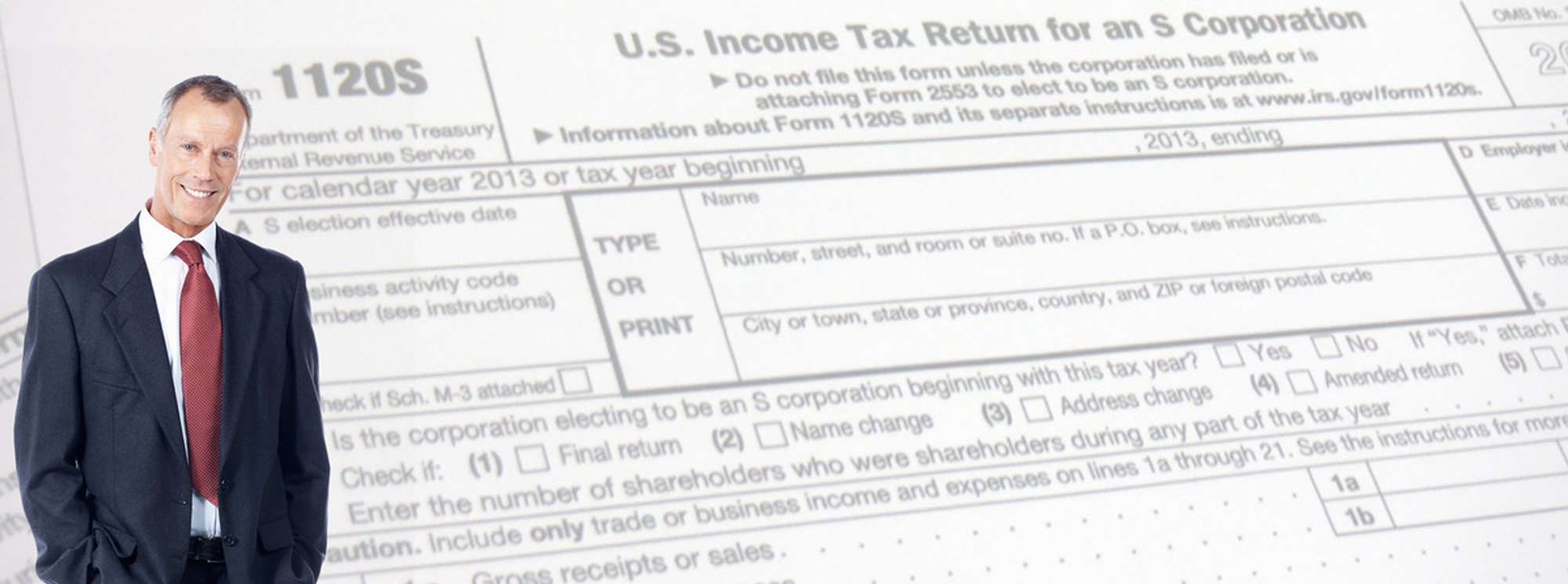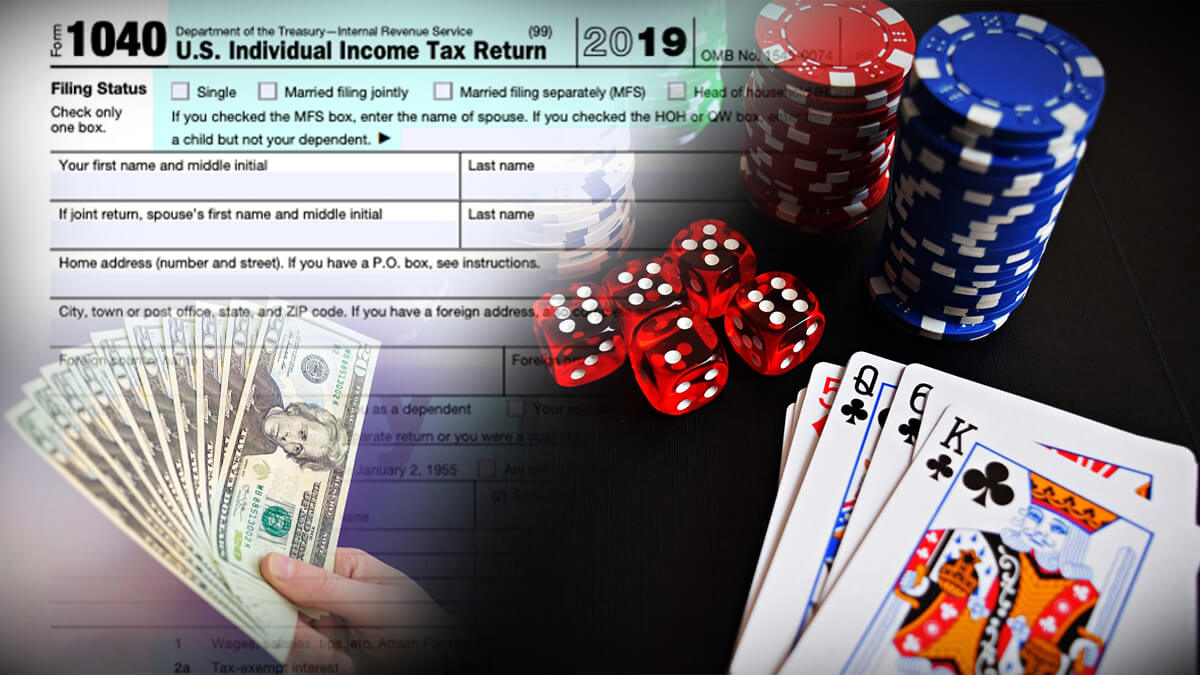Nonprofit leaders commonly think of grant money and tax-deductible donations when fundraising, but in many states nonprofit status allows groups to legally conduct activities that would otherwise be criminalized as illegal gambling under state law. Inadvertently violating these gambling laws can have steep consequences so if your organization is planning an event that involves some form of gambling, it pays to do it right.
- The Arizona Attorney General’s Office has issued an opinion defining a raffle as, “a form of lottery in which each participant buys a ticket for valuable consideration in order to be eligible for a random drawing to win a prize or prizes.”3 However, there is an exemption for raffles conducted by certain tax-exempt nonprofits if.
- Under the Arizona Tribal-State Gaming Compacts, tribes with casinos contribute 1 to 8 percent of their gaming revenue each year to the State, and to cities, towns, and counties. Contributions are determined on a sliding scale based on the amount of gaming revenue. Each tribe reports its Class III Net Win to ADG on a monthly and quarterly basis.
First off, gambling is illegal . . .
In Arizona, gambling occurs anytime something of value is given in exchange for, “the opportunity to obtain a benefit from a game or contest of chance or skill or a future contingent event . . . .”[1] In general, an activity may be deemed gambling any time the host of an activity:

The deduction of other gambling expenses will also now be limited to gambling winnings. Question: Why haven't we seen any recommendations (especially in high-tax states) to use your 'home as a.
- charges a cover or requires any kind of donation or fee to participate;
- requires a minimum purchase (of anything) to participate;
- takes any percentage of the money wagered or won by players; or
- cloaks participation fees by charging participants some form of user, equipment, or rental fee for their use of tables, chips, cards, etc.

Arizona law provides six categories of lawful gambling. Each, however, includes the requirement that every participant be 21 years of age or older.
Raffles [2]
In Arizona, conducting a raffle is a class 5 felony. The Arizona Attorney General’s Office has issued an opinion defining a raffle as, “a form of lottery in which each participant buys a ticket for valuable consideration in order to be eligible for a random drawing to win a prize or prizes.”[3] However, there is an exemption for raffles conducted by certain tax-exempt nonprofits if:
- the raffle is sponsored by a nonprofit that has been in existence for 5 years;
- no insider receives a direct or indirect pecuniary benefit other than participation on an equal basis with all other participants; and
- no person participates directly or indirectly in the management, sales or operation of the raffle other than the non-profit’s employees and agents.

In Arizona, there is also a separate exception for small raffles conducted by booster clubs, civic clubs or political clubs or organizations where the proceeds of the raffles do not exceed $10,000 a year.
Many jurisdictions require non-profits to obtain a permit to conduct a raffle. Permits can take weeks or even months to process. In addition, there are a number of tax issues that must be considered when planning a raffle. For a more in-depth analysis of raffles, check out our blog post, Charity Raffles – Tread Carefully.
Poker Tournaments/Casino Nights
Texas Hold ‘Em and Casino Nights can be a great way to attract positive attention and good-will for charitable organizations, but be aware that events like these are likely to be illegal. The Arizona Attorney General issued an opinion on this very matter, concluding that the only way for nonprofits to legally conduct an event like Casino Night is for it to either (a) be run like a raffle or (b) to not charge anyone to participate.[4]
Running a Casino Night like a raffle takes a bit of imagination, but a nonprofit could conceivably do so by giving raffle tickets as consideration for donations in lieu of chips. The raffle tickets would then be used as “the medium for their play” and at the end of the night, the only things of value given to participants are those that are raffled off. Who says the AG isn’t creative?
The alternative is to not require anything of value from those who would like to participate. An activity must include risking or giving something of value to participate to be considered gambling. Therefore, by removing the value from the equation the activity is no longer gambling. The nonprofit would hand out chips being very careful to not require donations or the purchase of anything during the entire duration of the event – including entry fees, cover charges, drinks, food, etc. If you do this appropriately, you could then take voluntary donations from those who wish to contribute.
Office Pools
Office pools cannot benefit nonprofits financially. An office pool exists when employees wager money on their best guess as to the outcome of some future event (birth of a baby, winner of March Madness, etc.) with the winner being whoever was most accurate. This activity is legal only if all the wagered money (or whatever medium is of value) goes back to the participants, making office pools of no benefit to nonprofits looking to raise money.
Fantasy Leagues
Nonprofits cannot use fantasy leagues to raise money. In a fantasy league the participant purchases an ideal team roster comprised of players the participant ‘drafted’. At the end of the season, whoever’s team had the best performance relative to other teams in the league wins either the entire pool of money or some portion of it. Like office pools, unless all of the money is returned to the participants the activity is illegal. Because no money can go to anyone other than the participants, nonprofits cannot financially benefit from this fantasy leagues.

While charity gambling events can offer an exciting twist to fundraising events, it isn’t worth risking criminal penalties. If your group’s fundraising idea could be viewed as a gambling activity, you should consult an attorney before you proceed. The gamble may not be worth the risk.

[1] A.R.S. § 13-3301(4).
[2] A.R.S. § 13-3302(B)
[3] Ariz. Op. Atty. Gen. No. I87-101 at p.2 citing Gambling Devices (Cheyenne Elks v. State, 694 P.2d 711, 718 (Wyo. 1985)
[4] Ariz. Op. Atty. Gen. No. I87-101